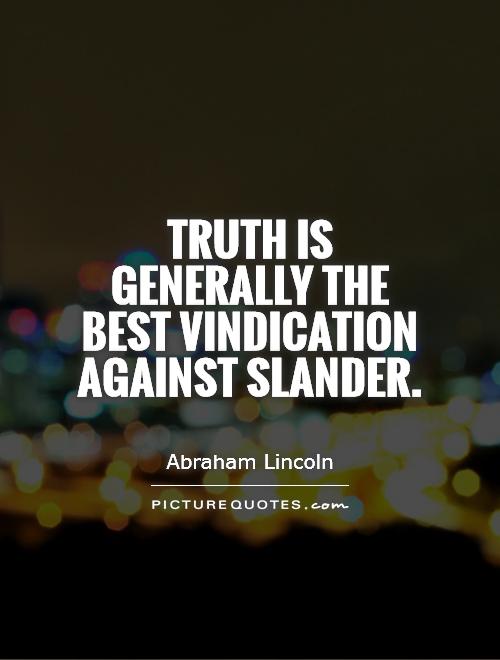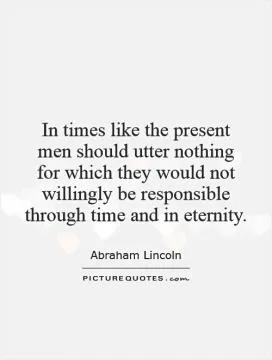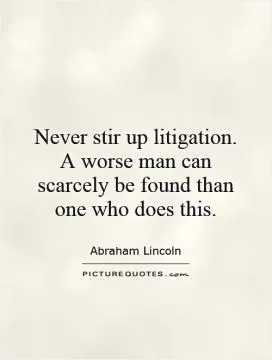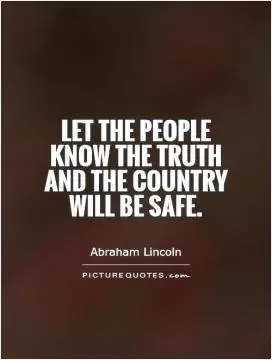Truth is generally the best vindication against slander

Truth is generally the best vindication against slander
Abraham Lincoln, the 16th President of the United States, is often hailed as one of the greatest leaders in American history. However, during his time in office, Lincoln faced a great deal of slander and criticism from his political opponents. Despite this, Lincoln remained steadfast in his commitment to truth and honesty, believing that it was the best defense against slander.Throughout his presidency, Lincoln was the target of numerous attacks and accusations from those who opposed his policies and decisions. His detractors spread rumors and falsehoods about him in an attempt to undermine his credibility and tarnish his reputation. However, Lincoln refused to engage in mudslinging or respond in kind to these attacks. Instead, he chose to focus on his work and let the truth speak for itself.
Lincoln understood that the best way to combat slander was to remain true to his principles and values. He believed that honesty and integrity were essential qualities for a leader, and he made it a point to always be transparent and forthright in his actions. By staying true to himself and his beliefs, Lincoln was able to rise above the slander and prove his critics wrong.
One of the most famous examples of Lincoln's commitment to truth as a defense against slander is his handling of the Emancipation Proclamation. When he issued the proclamation in 1863, declaring that all slaves in Confederate-held territory were to be set free, Lincoln faced intense backlash from both the North and the South. Many accused him of overstepping his authority and acting unconstitutionally. However, Lincoln stood by his decision, arguing that it was necessary to preserve the Union and end the institution of slavery.












 Friendship Quotes
Friendship Quotes Love Quotes
Love Quotes Life Quotes
Life Quotes Funny Quotes
Funny Quotes Motivational Quotes
Motivational Quotes Inspirational Quotes
Inspirational Quotes